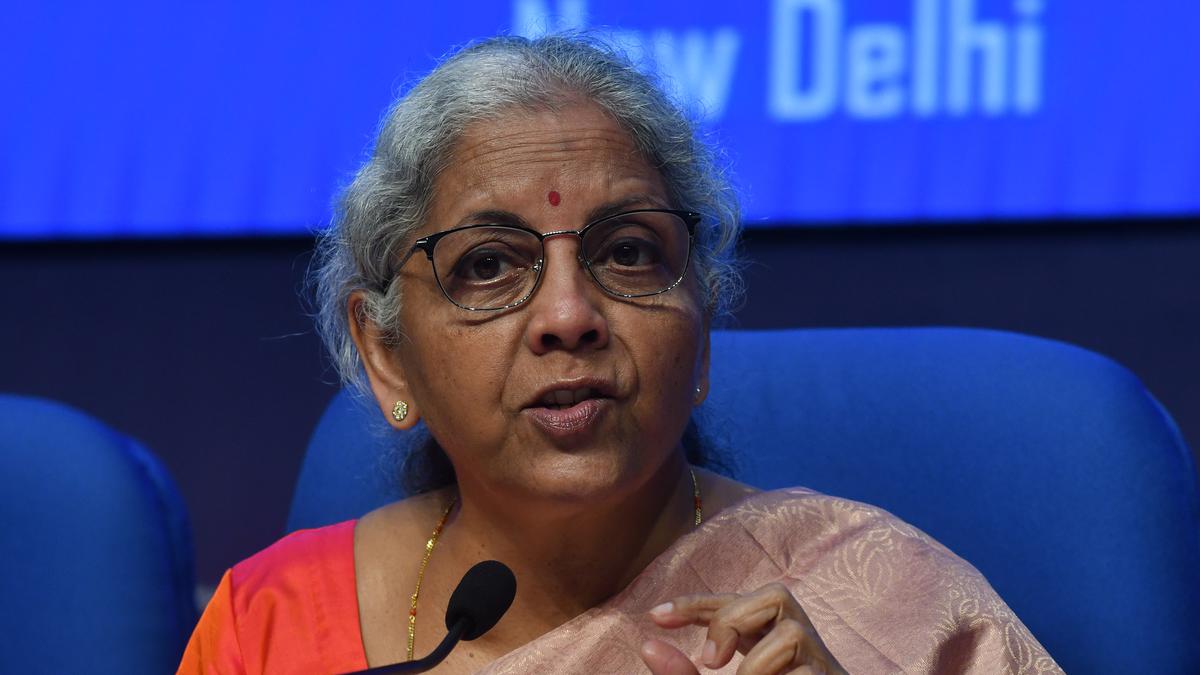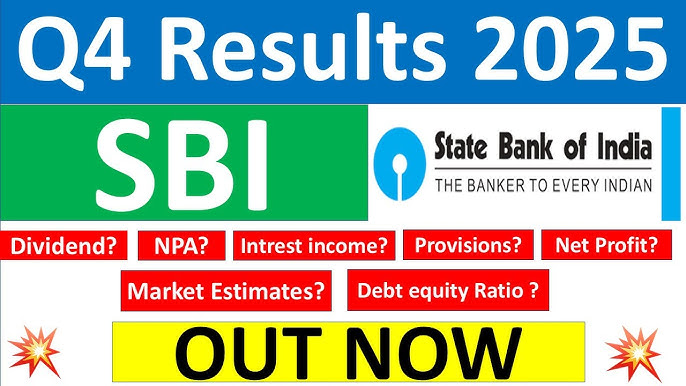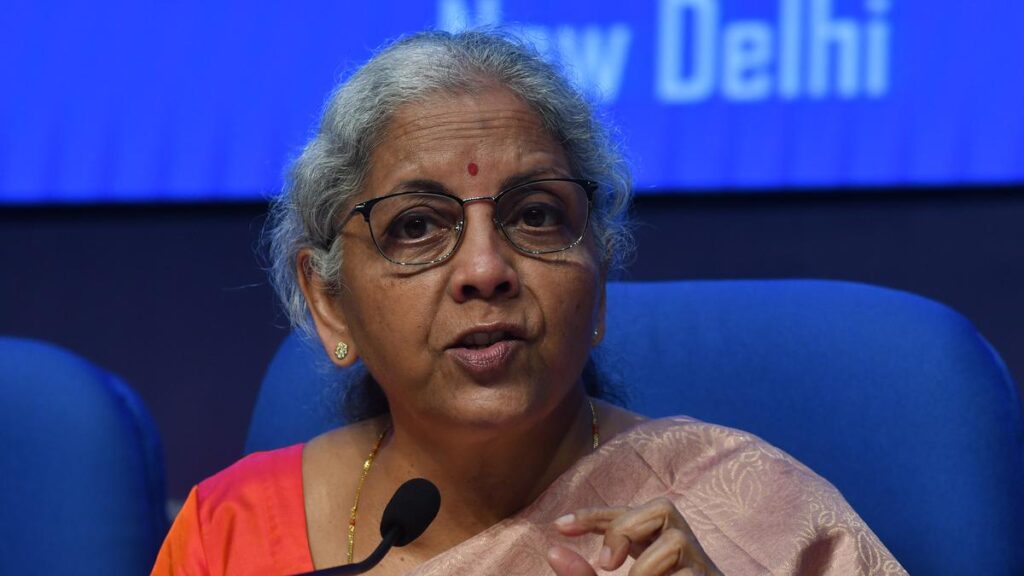
Nirmala Sitharaman, the current Finance Minister of India, has been a prominent figure in Indian politics, known for her astute leadership and economic policies. However, recent developments have sparked curiosity and speculation regarding her decision not to contest in the upcoming Lok Sabha elections. Let’s delve into the details to understand the rationale behind Sitharaman’s surprising announcement.
Nirmala Sitharaman’s Decision
In a significant turn of events, Finance Minister Nirmala Sitharaman declined the offer from the Bharatiya Janata Party (BJP) to contest in the upcoming Lok Sabha elections, scheduled to be held in Andhra Pradesh or Tamil Nadu. Sitharaman’s decision came as a surprise to many, especially considering her prominent role in the BJP and her previous electoral successes.
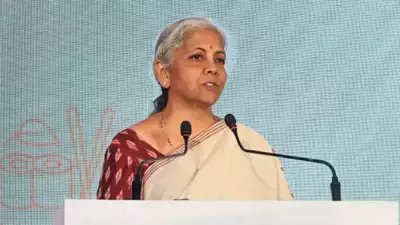
Lack of Funds and Winnability Concerns
One of the key reasons cited by Nirmala Sitharaman for her decision not to contest the Lok Sabha elections is the lack of funds for a poll campaign. Sitharaman expressed concerns about the financial resources required to mount an effective campaign, particularly in constituencies located in Andhra Pradesh or Tamil Nadu.
Additionally, Sitharaman highlighted concerns about the winnability criteria based on community or religion, which often play a significant role in electoral politics. She emphasized the importance of merit-based selection criteria rather than factors influenced by community or religious affiliations.
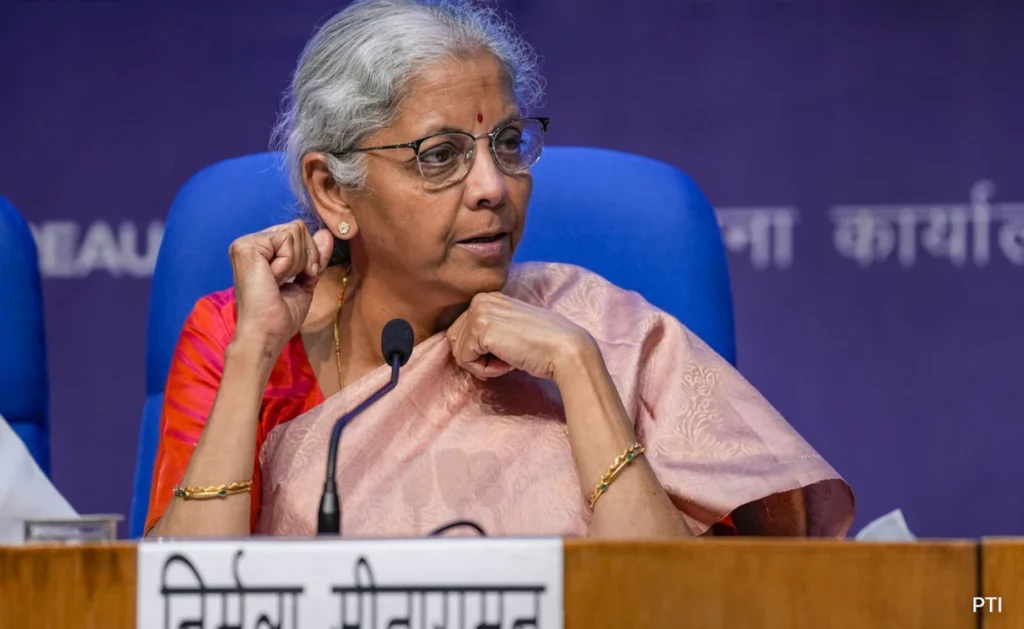
Impact on Indian Politics
Nirmala Sitharaman’s decision not to contest the Lok Sabha elections has stirred discussions within political circles and among the public. As a senior leader within the BJP and a key member of the government, her absence from the electoral arena raises questions about the party’s strategy and future leadership dynamics.
Moreover, Sitharaman’s stance on the need for transparency and meritocracy in candidate selection reflects broader debates within Indian politics regarding the role of money and identity-based politics in electoral processes.
Table of Contents
Conclusion
Nirmala Sitharaman’s decision not to contest the Lok Sabha elections has generated significant attention and speculation, shedding light on the complexities and challenges of Indian electoral politics. While her reasons for abstaining from electoral competition may vary, Sitharaman’s stance underscores the importance of ethical considerations and merit-based selection criteria in shaping the future of Indian democracy. As the nation prepares for the upcoming elections, Sitharaman’s decision prompts reflection on the values and principles that should guide political leadership and governance in India.

